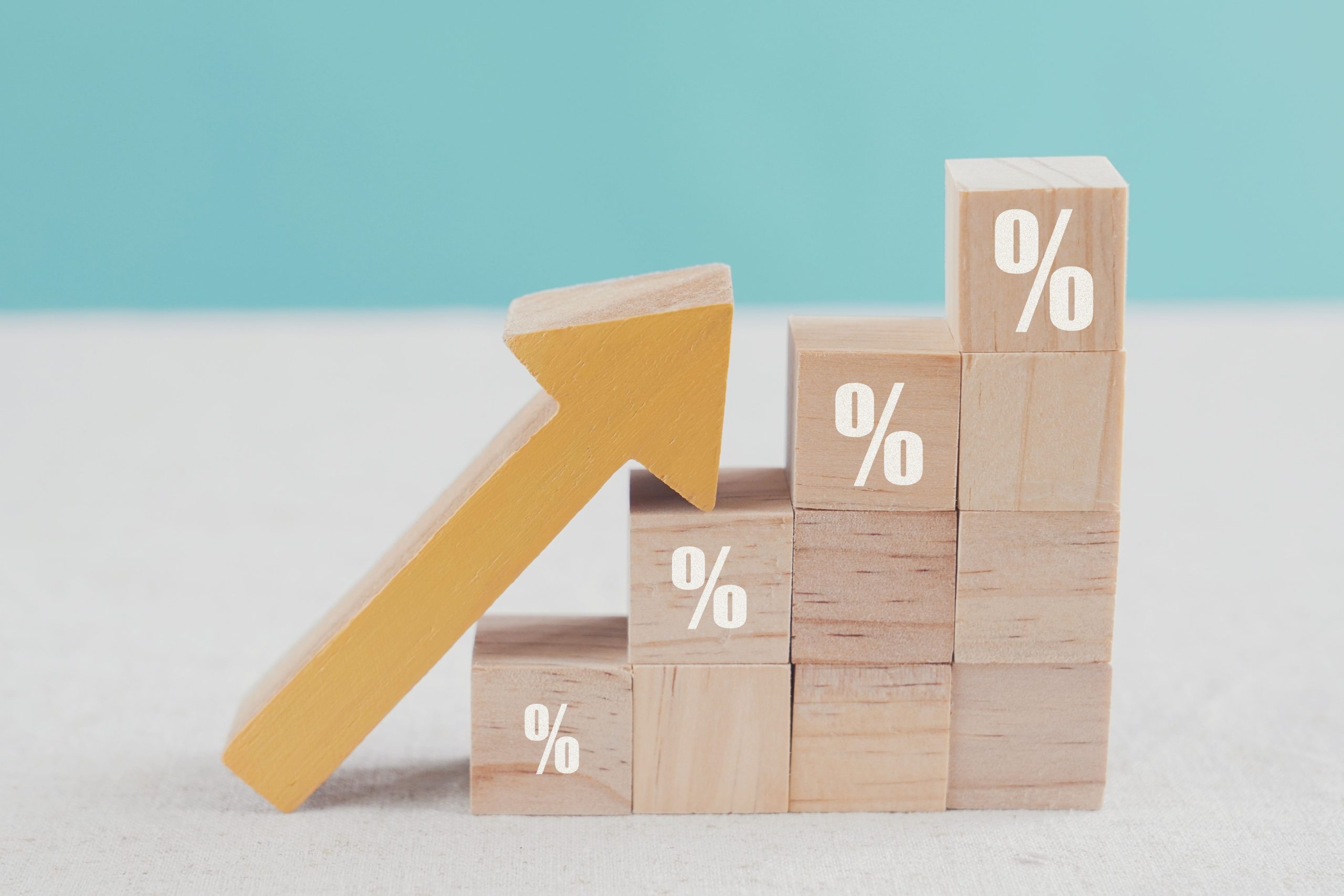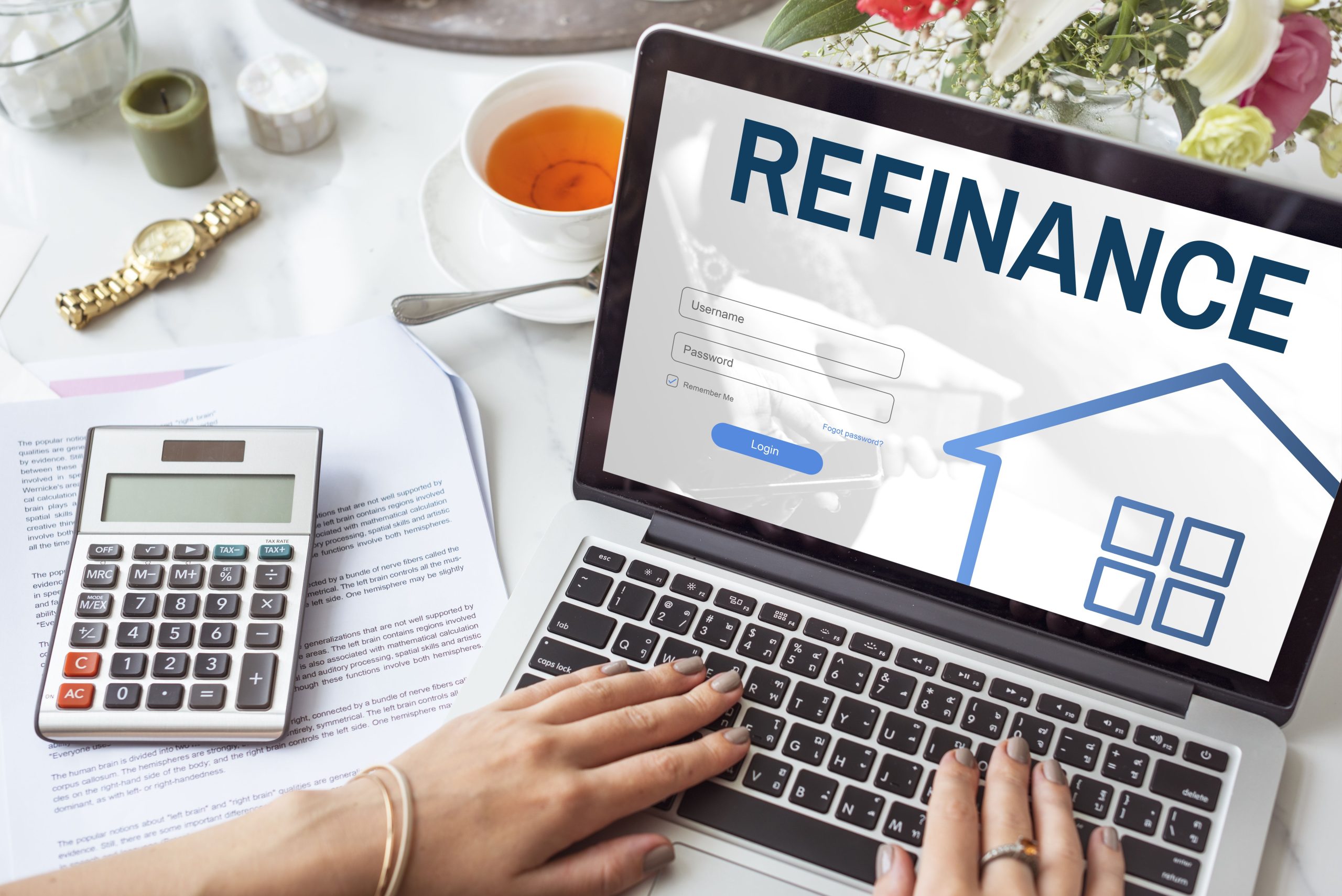At Reliant Mortgage, we understand that loan officers are the backbone of the mortgage industry…
How Much House Can I Afford?
Buying a house is exciting but also a huge financial decision that can affect your life for up to 30 years. It’s imperative, therefore, that you carefully consider what you can afford, and to do this, you need to understand what’s involved in assessing mortgage affordability.
Ultimately, your mortgage lender will decide for you what the maximum is that you can afford, but it pays to have an idea for yourself, as well as a general understanding of what goes into such a decision.
How much house you get for your money will, of course, also depend upon the area you are shopping in. Some of the cheapest states to buy a house in America don’t necessarily always represent the best value-for-money when it comes to the size and condition of the home, so all these factors must play a role in your decision, too.
Affordability factors
The primary factors that a lender will consider when determining how much house you can afford are:
- Your gross monthly/annual income
- Your total monthly debt repayment obligations, such as student loans, credit card repayments, and other loans or lines of credit
- Any other monthly outgoings such as child support
- Any applicable HOA (Homeowner’s Association) or condo fees related to the purchase
- State property taxes, closing costs, and any other expenses related to the purchase
- Your credit score – while this may not directly affect affordability calculations, your credit score does give lenders an idea of how responsible you are financially
Most homebuyers look to take out a conventional mortgage loan. The criteria for these loans are fairly generic across lenders. They typically require a minimum credit score of 620, a down payment of at least 3% of the property’s value, that the monthly repayment will not exceed 28% of your gross income, and that your debt-to-income ratio is 36% or less.
What is the debt-to-income ratio?
Debt-to-income ratio (DTI ratio) is a vital metric that lenders use to determine the amount of money you can afford to borrow. This ratio is calculated by comparing your monthly gross (pre-tax) income to your total monthly debt outgoings.
Your DTI ratio is the sum of all your monthly debt payments divided by your pre-tax monthly income. This is also known as the back-end ratio, and usually needs to be 36% or less.
The front-end DTI ratio relates to the percentage of your gross income that is required to cover housing expenses. Depending on the health of your credit score, you may qualify for a higher ratio, but typically, costs related to housing alone should not exceed 28% of your gross monthly income.
For example, if your monthly housing expenses, including mortgage, insurance, and taxes, are $1,350, and your monthly gross income is $4,750, your DTI would be 28% (1350 / 4750 = .028).
This calculation can also be used to arrive at a quick guide for what monthly mortgage repayment you could afford. Using the example above, by multiplying your gross income by 0.28, you would know that a monthly mortgage repayment of $1,350 would equal 28% of your total income.
When estimating your DTI ratios, remember that your monthly debt expenses do not include general outgoings such as gas or groceries, nor should they include your current rent payments.
The DTI ratio is often referred to as the 28/36 rule, combining the maximum required ratios of 28% housing expenses and 36% total debt repayments as the optimal ratio for lending.
If your DTI is higher than 36%, it may be harder to get a mortgage, with many lenders unwilling to consider applicants whose DTi is greater than 43%. The better your credit score, the more lenient some lenders are regarding DTI ratios, but they play a major role in being approved nonetheless.
Mortgage types
Affordability can also depend on what type of mortgage you may qualify for. For example, loans backed by the Federal Housing Association (FHA loans) accept down payments as low as 3.5% of the property value. FHA loans also tend to be more relaxed in their qualifying criteria, so if your credit score is a little on the low side, an FHA mortgage may be the way to go.
If you have a military connection, you might qualify for a loan backed by the Department of Veterans Affairs (a VA loan). This can be a big help for anyone struggling to save for a down payment, as VA loans typically don’t require one.
Making a down payment
Unless you qualify for a 0% down payment mortgage or VA loan, you will most likely need to put a down payment on your new home. If your DTI ratio is low and your credit score is high, you may be eligible to put as little as 3% down, although most conventional loans require a minimum of 5% as a down payment.
Of course, there are advantages to putting a larger down payment on a home, as you will therefore need to borrow less. Ideally, buyers strive to afford a 20% down payment to put themselves in a healthy financial position from the start. The greater your down payment, the lower your loan-to-value ratio, and your monthly repayments will be, and the more likely it will be that you will be eligible for a lower interest rate, thus saving even further each month. You may also buy into enough home equity that you need not worry about paying for private mortgage insurance – yet another saving.
Improving your house affordability
If you are struggling to afford a home, there are some things you can do to increase your chances of being approved.
Firstly, consider whether any of the federal government loans (FHA, VA, and USDA loans) apply to you, as they all feature benefits that assist with affordability.
Otherwise, consider how else you can improve your application.
Lower your DTI
DTI ratios are a major factor in lenders considering your affordability. As per the DTI ratio rule, an optimal DTI is 36%, so first, calculate your current DTI and assess how far off you are and what actions you can take to bring it down. This may take some time, but if the main thing in the way of you becoming a homeowner is your outstanding debt, then commit to bringing it down as soon as possible.
Consider which debts you could and should pay off the soonest; for example, your most expensive monthly debt may seem like the best place to start, but if it has the highest outstanding balance, it may take far longer than committing to completely eradicate a credit card or two.
Photo by John Fornander on Unsplash
Check (and improve) your credit score
It’s best to check your credit score periodically, especially before applying for any loans, to ensure that there aren’t any mistakes on it that need to be addressed. You can request a copy of your credit report from Equifax, TransUnion, or Experian.
From there, make sure that you pay your monthly debt repayments on time, and contact any collections agents to make arrangements to resolve any outstanding unpaid debts. Again, the better your credit score, the more lenient some lenders may be on your DTI ratio, and the lower the interest rate you may be offered.
Final thoughts
Lenders have the final say regarding your affordability, so it makes sense to understand their criteria ahead of time and get your ducks in a row as best you can. Wherever possible, try not to rush – buying a house is a big commitment. If a few months of diligently improving your financial situation will make the process easier (or even possible), it will be worth the effort.




